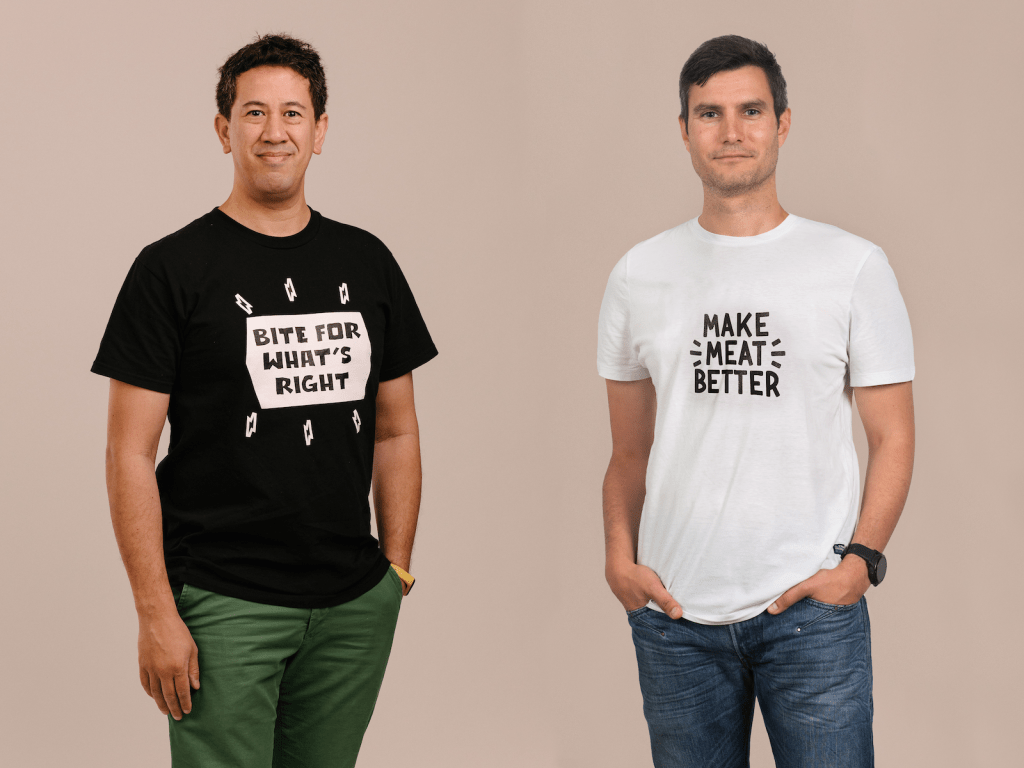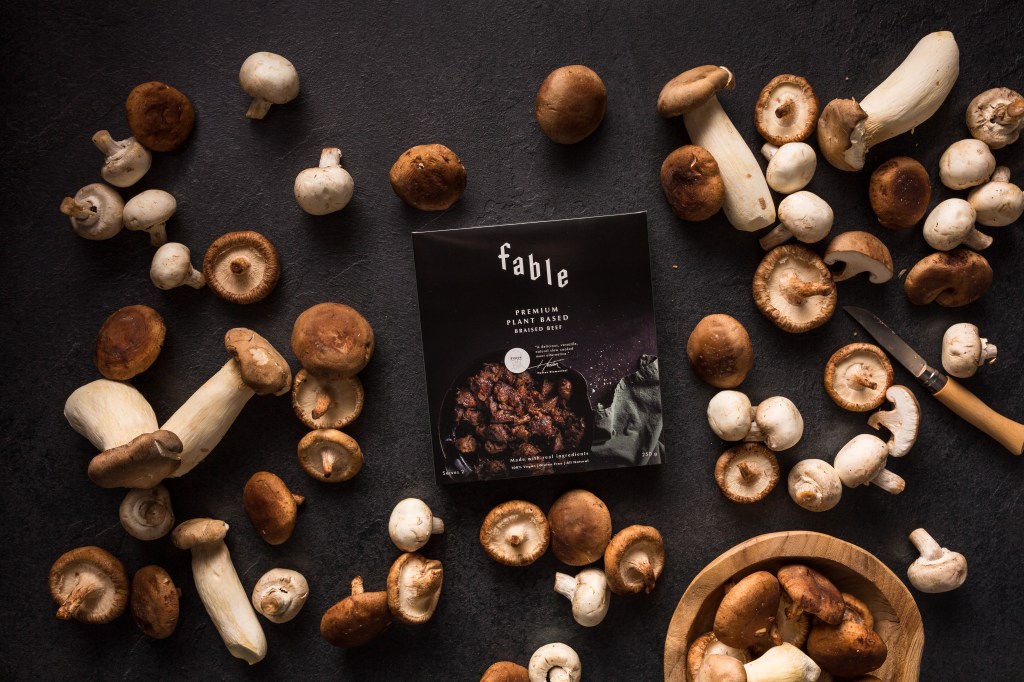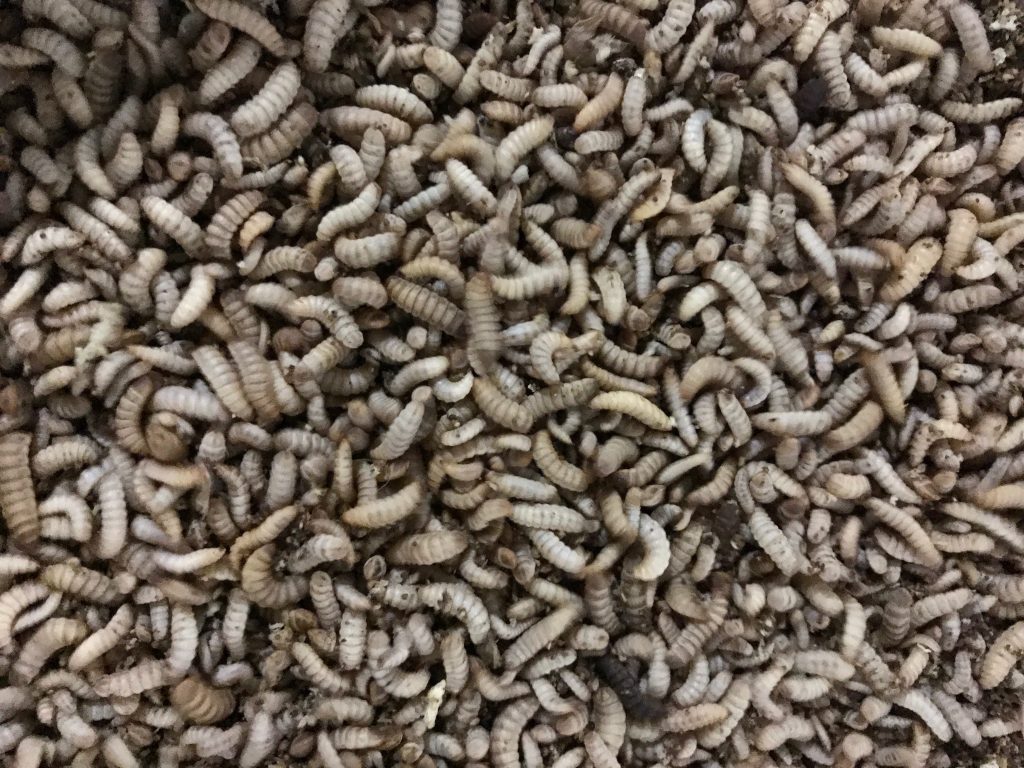With extensive experience investing in start-ups, Michal Klar has honed in on the Asia Pacific’s alt protein sector, co-founding Better Bite Ventures, the first VC fund dedicated solely to this growing market.
He spoke to Future Alternative about his perceptions of the Australian market and the technologies he’s most excited by.
How did your interest in the alternative protein category come about?
My background is in tech startups. I’ve been working and investing in startups for 15 years in Europe and in Asia.
I’ve also been plant-based for years, and I see alt proteins as a solution for a lot of problems we currently have in the food system.
So I had these separate lives, working with ecommerce startups but also fascinated about alt protein developments. Around 2018 I decided the time was right to really focus my business life on alt proteins too.
I started with angel investing and I decided to focus on Asia Pacific. I’ve been in the region for a number of years, so it felt natural and made sense. And then also from an impact perspective, Asia Pacific as a whole region is the biggest protein market in the world and the fastest-growing.
At this time I was also joined by Simon Newstead, another alt protein angel investor, to help run a vegan chocolate startup called Bite Society. And a little over a year ago, we decided that it was a good time to take our investing to the next level. We decided to launch a dedicated venture capital fund. Better Bite Ventures is the first VC fund 100 percent dedicated to alt protein startups in the Asia Pacific region.

What are your observations of the Australian market in particular?
Australia is quite similar to Western markets. It reminds us a little bit of the US or the UK, albeit a few years behind in terms of consumer adoption and the product selection.
There’s one really interesting factor, which is part of our thesis when it comes to investing in Australia, and that’s the connection between the Australian market and Asia.
The main direction for the export of animal meat and dairy is Asia, whether it is southeast Asia or China. Anecdotally, when you walk through the aisles of a Singaporean or Hong Kong supermarket, and you go to the meat section, a lot of products that consumers really want are Australian.
There’s a strong perception from Asian consumers that products from Australia are trusted – good quality and safe. We believe the same country ‘brand’, consumer perception and trade relationships can be translated across to alt proteins. We think there will be a wave of companies producing alternatives to animal products, whether it’s plant-based or new biotech technologies like fermentation or cell-based, that will be able to leverage the Australia brand and export successfully to Asian markets.

You’ve already invested in a number of Australian brands. Are there a couple that you’re particularly excited by?
We are excited about all of them!
Fable is one that we invested in and we love what they do with mushrooms. The industry at the moment has a lot of me-too products – another burger, another sausage. But Fable is taking a different approach, using mushrooms as a hero ingredient and having a product format that is really quite different – pulled meat. They’re finding quite a bit of success already, especially with foodservice partnerships like with Grill’d, Guzman y Gomez and others.
We were also the first investors in Change Foods. It’s a company that was born in Australia and they are using precision fermentation technology to develop cheese without cows, commercialising it in the US first.
Which technologies or scientific advancements do you think will be real gamechangers in the sector in the next five or 10 years?
There are a number of technologies coming up that will truly take alt proteins to the next level. If we’re really honest about the current products, plant-based products are not yet exactly matching the taste and texture of meat. But they’re getting closer and closer. A number of technologies are promising to take it to the next level. On the meat side, there’s cell-based or cultivated meat technology, producing meat from actual animal cells, and then on the dairy side, it’s precision fermentation. That’s what Change Food is using to create the same dairy compounds.
It’s going to take quite a few years before we get a fully developed cultivated whole cut of meat. In the meantime, I think what’s interesting is the potential for hybrid products – plant-based products using some of the inputs or some of the ingredients that are derived from these new technologies. So for example, we can have a plant-based cheese using some of the same fats from plants, but then it also has precision fermentation derived dairy protein, which takes it to another level in terms of taste, functionality, meltability, texture and so on.

What about insect protein? I’m interested to get your thoughts on the viability of this industry?
I have a pretty strong opinion about this one. We don’t invest in insect protein. I think for human consumption, it’s unlikely that it will ever go mainstream; I think the ick factor is a real thing.
For people who want to replace animal protein with something else, there are plant-based solutions that are already tasty, nutritious in terms of protein content and so on.
I think there’s a little bit of a myth that insects are being consumed on a mass scale by humans in some countries. I don’t think it really is that big. Maybe historically they’ve been more popular, but today in most urban areas in developing countries, insects are not really a popular thing to eat.
And then last but not least, insect protein is still very much part of the broader industrial animal agriculture industry. Most of the insect protein today is used as a feed for fish in aquaculture. We do not want to support an industry that continues to work with intensive animal agriculture, when there are other alternatives.
To stay up-to-date on the latest industry headlines, sign up to Future Alternative’s enewsletter.
Posted on:


